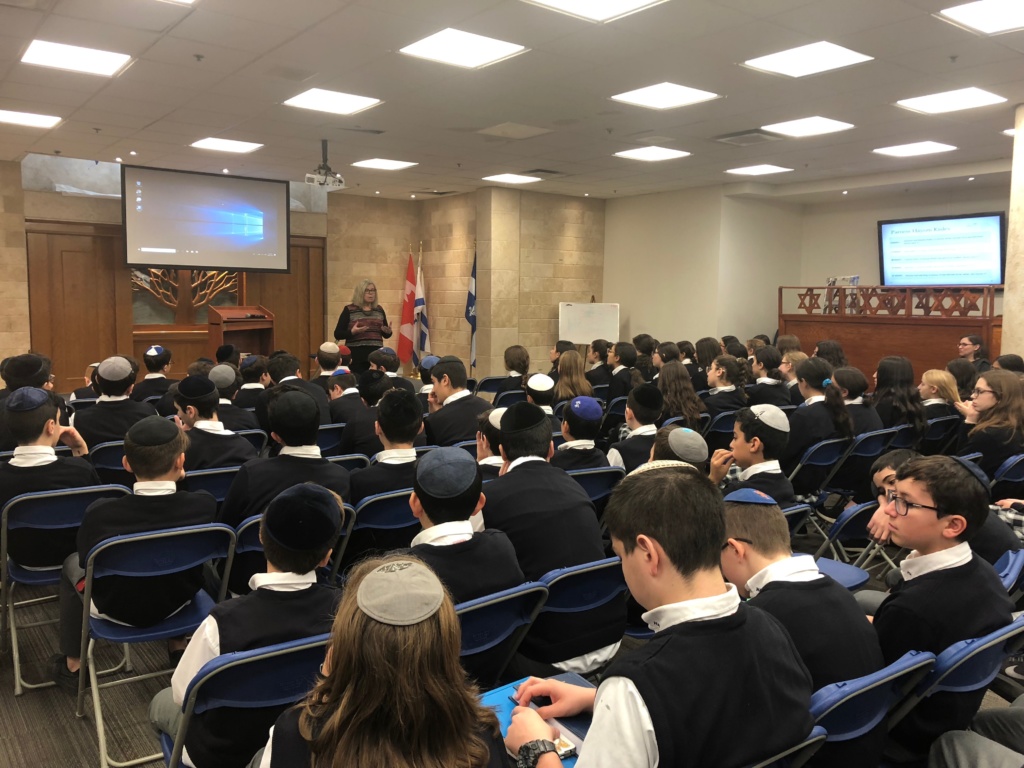Preparing for the visit
Have an email exchange or a phone call with the author well in advance of the visit.

Here’s a checklist:
- What is the exact cost of the visit, including travel, HST etc?
- Ask the author to email you an invoice at least 3 weeks prior to the visit.
- How will the author be arriving? In a car? Do they know the exact address?
- How can the author get in touch with you urgently on the day of the visit? How can you get in touch with them while they’re in transit? Exchange mobile telephone numbers.
- Are there access issues, for example, parking spots, a particular door that they must enter?
- Are there mobility issues for this author? Some may need assistance with heavy equipment/books, others may have a physical disability.
- If the author is arriving by public transit, will transportation be provided to and from the depot?
- If the sessions are all day, is lunch provided and are there any dietary restrictions for this author? This is especially an issue for authors coming from a distance and from out of province.
- Set-up. What does the author require in terms of table, microphone, audience configuration. An ideal venue for most authors is a school library or a room in the public library with good acoustics. A gymnasium is less effective but sometimes necessary.
- Bodily needs: make sure the author has access to water during the presentation, plus time for lunch and bathroom breaks throughout the day.
Book signings
Would you like the author to bring in books for sale and autograph? If so, check if this is something your author offers and confirm arrangements prior to the visit.
Factor in 15 minutes after the presentation for book sales and signings, if this has been arranged. Ideally, the author will prepare an order sheet that can be sent home ahead of time.
Library book signings: gather up your library copies and ask that the author sign them before leaving. Most will be delighted to do this as long as there is time. In the case of hundreds of books, this is not always possible.
Preparing your students
Let them know well in advance when the author will visit.
Students should be made familiar with a sample of the author or illustrator’s work ahead of the visit. This is the single most important part of preparation! Students respond to and benefit from author visits to a much greater degree if they have been exposed to the author’s work prior to the presentation.
Have students prepare questions.
Ask students to research the author and/or his or her work.
During the visit
Have a student or staff member greet the author at the door, or provide instructions as to where the author should go upon arrival.
Have the author taken to the presentation location in time for any set-up he or she may need to complete. Other details, such as chairs, display tables, microphone and water should also be taken care of prior to the students arriving.
Make sure the author knows where the bathroom is, and is provided with a place to hang their coat, etc.
Review and confirm the exact end time for the presentation and coordinate clocks. Some authors may ask you to indicate when they have 5 minutes left.
Stay in the room while the author is presenting. Discipline issues must be dealt with by school or library staff.
Paying the author
Authors are paid by cheque. They will invoice you by email prior to the visit and payment should take place immediately following the presentation. The best way to do this is to simply hand them a sealed envelope with the cheque inside just as they’re packing up to leave.
Students will often want to have some contact with the author after the visit has taken place. Some authors will correspond with students on social media or via email. Others will answer group questions if a teacher sends them by email. Ask the author what he or she prefers.
Follow-up
Students will often want to have some contact with the author after the visit has taken place. Some authors will correspond with students on their blog or via email. Others will answer group questions if a teacher sends them by email. Ask the author what he or she prefers.
